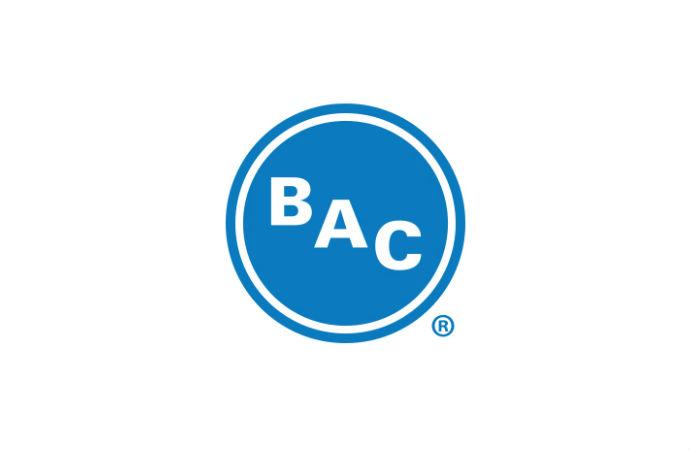In Caribbean countries, such as Barbados and Grenada, natural refrigerants have been identified as possible options to replace ozone-depleting hydrochlorofluorocarbons (HCFCs). The necessity of raising awareness of technical specificities related to these refrigerants has been highlighted on several occasions. UPDATE: An overview of work done during the Grenada training workshop, and news regarding the form

As the new technologies become increasingly adopted in Caribbean countries, the urge to train technicians and installers to work with these refrigerants becomes more important.
Barbados seminar highlighted HC training needs
During a recent stakeholder consultation, Mr Leslie Smith, Consultant on the Barbados HCFC Phase-Out Management Plan, pointed out that there were not enough trade technicians to install and service equipment using hydrocarbons. "There is a need now to build capacity to handle this technology because it is going to come. The time is now to get ready for new and emerging technologies that are on the way to Barbados," he said.
The consultation highlighted that hydrocarbons are becoming very popular in different parts of the world not only because of their environmental characteristics, but also due to higher levels of energy efficiency. "Natural refrigerants, particularly hydrocarbons, are possible replacement options for small systems and commercial refrigeration systems,” he noted. Moreover, he pointed out that also other natural refrigerants such as ammonia and CO2 are on rise especially in Europe, USA and Canada.
Training opportunity in Grenada
The National Ozone Unit of Grenada in conjunction with the United Nations Environment Programme, Regional Office for Latin America and the Caribbean (UNEP/ROLAC) and the Grenada Refrigeration Air-Conditioning and Ventilating Association (GRAVA) is organising a three-day regional training workshop in Alternative Refrigerants to Ozone Depleting Substances for technicians of the Refrigeration and Air-Conditioning Sector on 27-29 November 2012.
The training will be devoted to two primary areas – hydrocarbon and R410a technologies. NOU Certified Trainers, Mr. Michael Mitchell and Mr. Henry Frederick of the Grenada Refrigeration, Air-Conditioning and Ventilating Association (GRAVA), will conduct the Hydrocarbon component of the training.
The workshop, with 35 technicians attending, conducted 27-29 November featured the following contents:
Committee formed to Establish a Regional Association of Refrigeration and Air-conditioning Technicians
New committee to form a Regional Association for Refrigeration and A/C Technicians
As a major achievement participants discussed the establishment of a regional RAC association. An interim committee was put into place to move towards the creation of such body comprising representatives from all member states of the English-speaking Caribbean and Haiti. Association representatives from Grenada, S. Vincent and the Grenadines, the Bahamas, Suriname, St. Lucia, and Barbados accepted to form part of this working group.
Contact information
For more information, contact Leslie Smith, Project Officer at NOU Grenada.
Barbados seminar highlighted HC training needs
During a recent stakeholder consultation, Mr Leslie Smith, Consultant on the Barbados HCFC Phase-Out Management Plan, pointed out that there were not enough trade technicians to install and service equipment using hydrocarbons. "There is a need now to build capacity to handle this technology because it is going to come. The time is now to get ready for new and emerging technologies that are on the way to Barbados," he said.
The consultation highlighted that hydrocarbons are becoming very popular in different parts of the world not only because of their environmental characteristics, but also due to higher levels of energy efficiency. "Natural refrigerants, particularly hydrocarbons, are possible replacement options for small systems and commercial refrigeration systems,” he noted. Moreover, he pointed out that also other natural refrigerants such as ammonia and CO2 are on rise especially in Europe, USA and Canada.
Training opportunity in Grenada
The National Ozone Unit of Grenada in conjunction with the United Nations Environment Programme, Regional Office for Latin America and the Caribbean (UNEP/ROLAC) and the Grenada Refrigeration Air-Conditioning and Ventilating Association (GRAVA) is organising a three-day regional training workshop in Alternative Refrigerants to Ozone Depleting Substances for technicians of the Refrigeration and Air-Conditioning Sector on 27-29 November 2012.
The training will be devoted to two primary areas – hydrocarbon and R410a technologies. NOU Certified Trainers, Mr. Michael Mitchell and Mr. Henry Frederick of the Grenada Refrigeration, Air-Conditioning and Ventilating Association (GRAVA), will conduct the Hydrocarbon component of the training.
The workshop, with 35 technicians attending, conducted 27-29 November featured the following contents:
- Opening ceremony by Mr Marco Pinzon, United Nations Environment Programme
- Introduction to Natural Refrigerants: physical and chemical properties
- Advantages of hydrocarbons, safe use, transportation and storage, installatio differences
- Successful case studies in Grenada and St. Lucia
- Global perspective on the application of HC technology (shecco – remote presentation; slides attached)
- Field trip to an HC refrigeration assembling plant
- Practical work: HC conversion procedure for one domestic refrigerator, one bottle cooler, a minisplit A/C system and four mobile air conditioning systems including a bus
Committee formed to Establish a Regional Association of Refrigeration and Air-conditioning Technicians
New committee to form a Regional Association for Refrigeration and A/C Technicians
As a major achievement participants discussed the establishment of a regional RAC association. An interim committee was put into place to move towards the creation of such body comprising representatives from all member states of the English-speaking Caribbean and Haiti. Association representatives from Grenada, S. Vincent and the Grenadines, the Bahamas, Suriname, St. Lucia, and Barbados accepted to form part of this working group.
Contact information
For more information, contact Leslie Smith, Project Officer at NOU Grenada.
MORE INFORMATION
Related stories


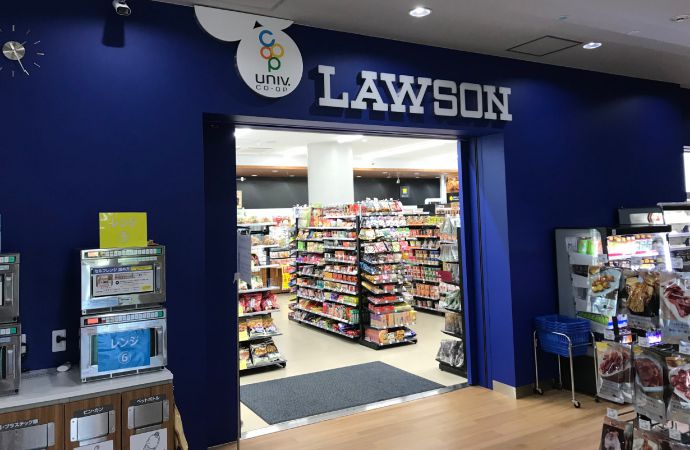

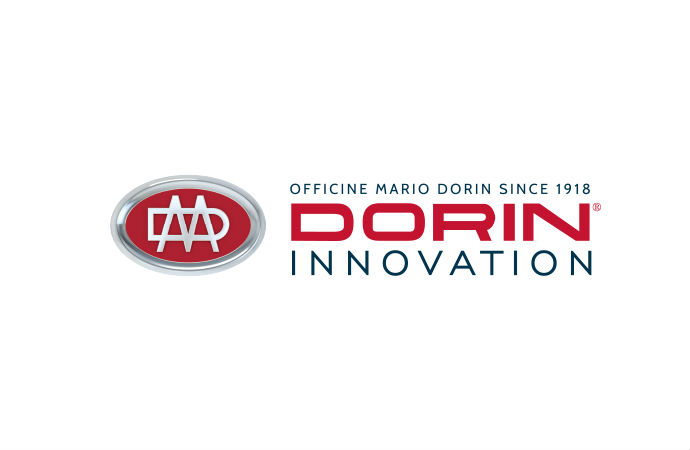




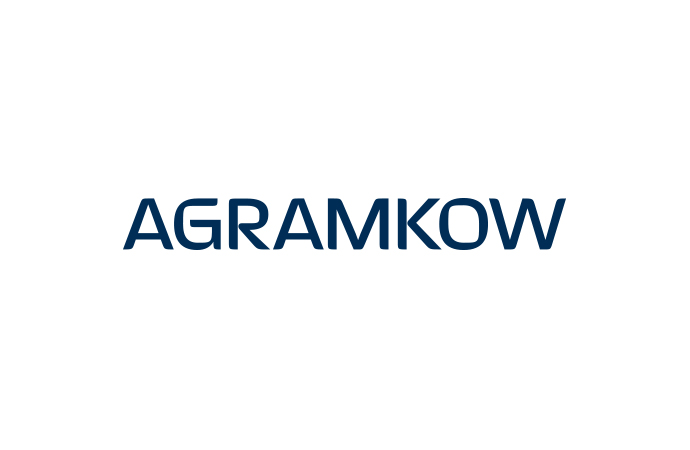
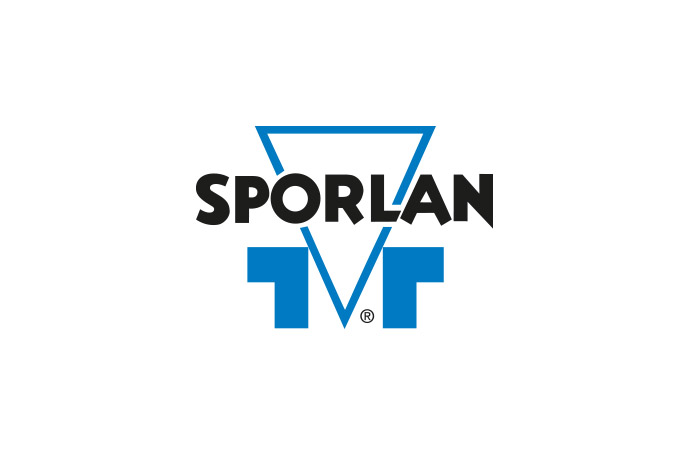


_1490973133.png)
